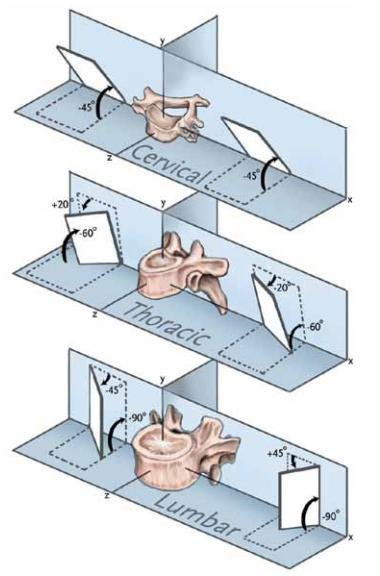Mnemonic: DEPRESSION
Major symptoms
- Depressed mood
- Energy loss or fatigue
- Pleasure loss or anhedonia
Minor symptoms
- Retardation or agitation (psychomotor)
- Eating and weight change (at least 5% in the last month)
- Sleep changed – insomnia or hypersomnia
- Suicidial ideation or behavior
- I‘m a failure (Loss of confidence or self-esteem)
- Only me to blame (guilt)
- No concentration, Indecisiveness or inability to think
General criteria for a depressive episode
- Duration: ≥2 weeks
- Organic causes must be excluded: not attributable to the abuse of psychoactive substances or to an organic mental disorder.
Types of Depression
1. Mild depression: with or without somatic symptoms
- 2 Major + 2 Minor
2. Moderate depression: with or without somatic symptoms
- 2 Major + >2 Minor
3. Severe depression: with or without psychotic symptoms
- 3 Major + >3 Minor
ICD-10 criteria vs DSM-V criteria for Depression
While ICD-1o criteria recognizes loss of energy or fatigue as a major or key symptoms, DSM-V doesn’t recognize it as a key symptom. Hence, DSM-V has only 2 key symptoms.
“Loss of confidence or reduced self-esteem” is not there in DSM-V criteria.
For diagnosis of Major Depressive Episode by DSM-V any 5 of the symptoms must be present with atleast 1 of the 2 key symptoms in same 2 week period (as in ICD-10).

He is the section editor of Orthopedics in Epomedicine. He searches for and share simpler ways to make complicated medical topics simple. He also loves writing poetry, listening and playing music. He is currently pursuing Fellowship in Hip, Pelvi-acetabulum and Arthroplasty at B&B Hospital.



